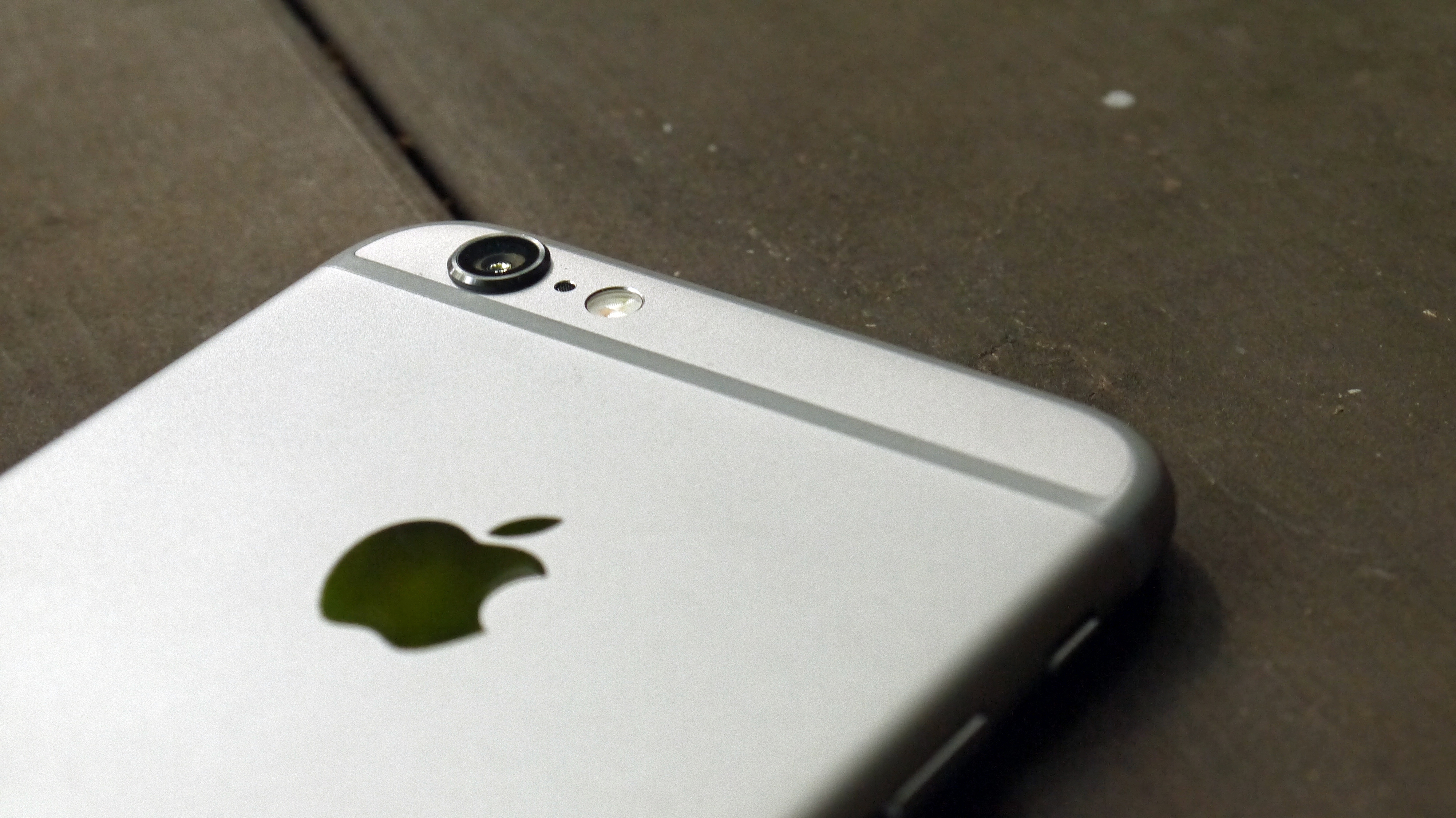Concealed connectors could give your iPhone's Apple logo hidden powers.
The iPhone could be set to go buttonless

Right now the Apple logo on your iPhone makes it clear to friends and thieves that you have an expensive object in your hand, but it does little else.
That seems like a missed opportunity and Apple perhaps feels the same, as a patent filing spotted by Apple Insider details "concealed electronic connectors" housed within the Apple logo or any other logo or text.
There are any number of things this could be used for, but the patent mentions a heart rate monitor, a battery charging circuit, a skin conductivity sensor and a biometric sensor as possible uses.
No more buttons
It could for example mean that a future iPhone will move its fingerprint scanner to the logo on the back of the phone, or use it to connect to a wireless charger or collect health and fitness data.
It would allow Apple to add more sensors to the iPhone and/or remove existing buttons, without spoiling the design. Because let's face it, as iconic as it is the iPhone 6 home button is mostly just there for Touch ID now. If that could be housed elsewhere Apple could extend the screen or shrink the body.
Of course this is just a patent and as we all know patents sometimes seem little more than wild fantasies, but this one doesn't seem outside the realms of possibility. We probably won't see this in the iPhone 6S / iPhone 7, but give it a few years and you never know.
Get daily insight, inspiration and deals in your inbox
Sign up for breaking news, reviews, opinion, top tech deals, and more.
James is a freelance phones, tablets and wearables writer and sub-editor at TechRadar. He has a love for everything ‘smart’, from watches to lights, and can often be found arguing with AI assistants or drowning in the latest apps. James also contributes to 3G.co.uk, 4G.co.uk and 5G.co.uk and has written for T3, Digital Camera World, Clarity Media and others, with work on the web, in print and on TV.